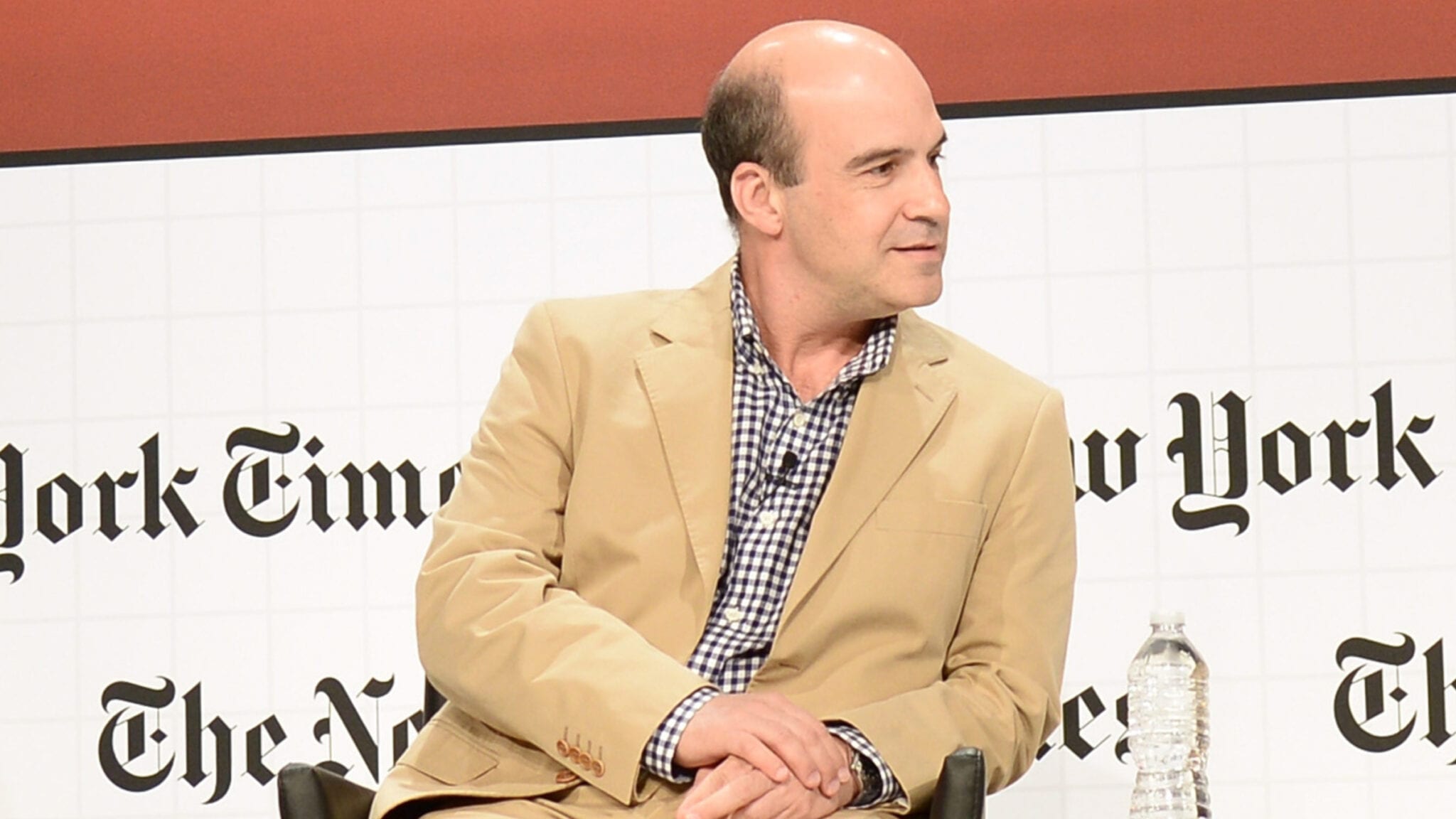
Peter Bach, new Delfi Diagnostics CMO (Michael Loccisano/Getty Images for New York Times)
Outspoken drug pricing researcher Peter Bach takes CMO gig at liquid biopsy startup
After spending more than a decade criticizing the industry over drug pricing, Memorial Sloan Kettering’s outspoken researcher Peter Bach is jumping over to the C …
Sign up to read this article for free.
Get free access to a limited number of articles, plus choose newsletters to get straight to your inbox.